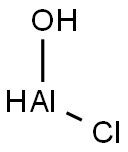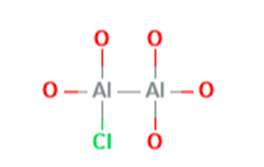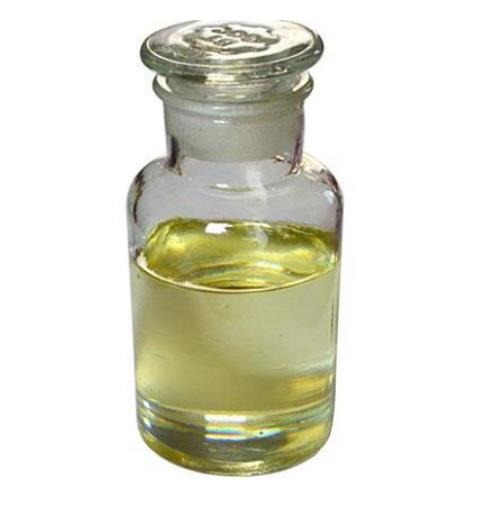The Essential Role of Polyaluminium Chloride in Modern Chemistry
Polyaluminium chloride (PAC) is an inorganic polymer coagulant, a compound between aluminium chloride and aluminium hydroxide, with a polyhydroxyl and polynuclear complex structure. The general chemical formula of PAC is [Al2(OH)nCl6-n]m, where m represents the degree of polymerization and n represents the neutrality of the PAC product. PAC can be in solid or liquid form. Solid products are usually yellow, light yellow, dark brown or dark grey resinous solids, while liquid forms are colourless or yellow-brown transparent liquids.
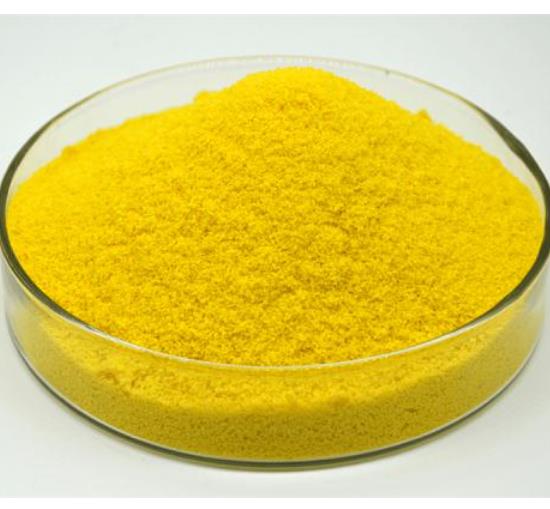
Figure 1 Characteristics of Polyaluminium chloride
Polyaluminium chloride is widely used in the field of water treatment due to its strong bridging adsorption performance. Physical and chemical processes such as coagulation, adsorption and precipitation can occur during the hydrolysis process. It has good performance in drinking water, industrial water and sewage treatment.
Product performance
1. Polyaluminium chloride as a water treatment agent has strong adaptability to various water qualities, and the coagulation and precipitation effect on high turbidity water is particularly significant.
2. The water quality of purified water is better than that of inorganic coagulants such as aluminum sulfate, and the water purification cost is 15-30% lower than that of inorganic coagulants. Flocs form quickly and settle quickly.
3. High alumina content, small dosage, can reduce water production costs.
4. Source water can be condensed within the pH range of 5.0-9.0.
5. Low corrosiveness, good operating conditions, better solubility than aluminum sulfate.
6. Low salt content in treated water, conducive to ion exchange treatment and pure water preparation.
7. Better adaptability to source water temperature than inorganic coagulants such as aluminum sulfate, good treatment effect on low-temperature water, and the lowest precipitation temperature can reach -18°C.
Scope of application
Polyaluminum chloride has fast flocculation effect, fast sedimentation rate, is easily soluble in iron sulfate and water, has low corrosiveness, and performs better than aluminum sulfate coagulants. It has a wide range of uses and can remove oil, chroma, heavy metals, fluoride ions, total phosphorus, etc. from water. It is mainly used for purification of urban sewage, river water, and industrial water.
1. Polyaluminium chloride is an inorganic high molecular polymer with large molecular structure, strong adsorption capacity, fast floc formation speed, fast sedimentation speed, short reaction time and good sediment dehydration performance.
2. It has a wide range of adaptability to wastewater pH, temperature, turbidity, alkalinity, etc., and the pH change of the effluent after treatment is small, and the residual amount of aluminum and salt is small, which is conducive to reuse.
3. It is less corrosive, easy to operate, small in dosage, low in purification cost, good in effect, and suitable for various industrial wastewaters.
You may like
Related articles And Qustion
Lastest Price from Aluminum chlorohydrate manufacturers
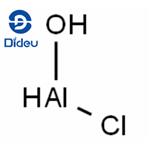
US $0.00-0.00/kg2025-11-28
- CAS:
- 1327-41-9
- Min. Order:
- 1kg
- Purity:
- 98%
- Supply Ability:
- 1000kg
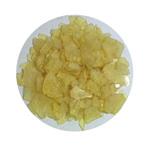
US $6.00/kg2025-04-21
- CAS:
- 1327-41-9
- Min. Order:
- 1kg
- Purity:
- 99%
- Supply Ability:
- 2000KG/Month
